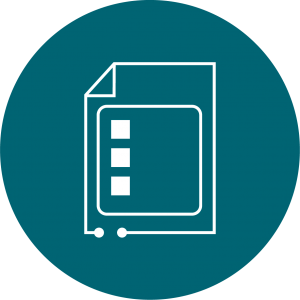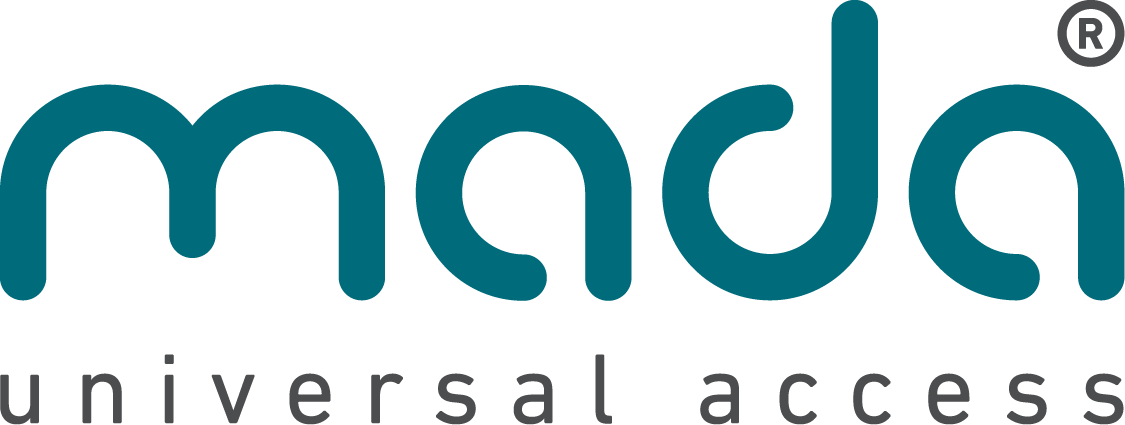 A Key Driver for Accessibility
A Key Driver for Accessibility
The Mada Center believes that all accessibility programs, services and initiatives must be rooted within a comprehensive policy framework, that ensures all such practices are sustainable, thereby having the greatest impact on the lives of People with Disabilities and the elderly. As such, the Mada Center works within the policy framework defined by the United Nations Convention for Persons with Disabilities, and deploys it in close coordination with stakeholders, as part of a national strategy to empower greater access to Information and Communication Technology. A key part of this work is achieved by researching and identifying policy gaps and making recommendations based on international best practices in this field.
This is done through identifying policy gaps and making recommendations based on international best practices and successful case studies in the field of digital accessibility.
Qatar National E-accessibility Policy
Mada has also played a crucial part in the development of the National e-Accessibility Policy, a first of its kind document for the MENA region that addresses accessibility to websites and mobile apps, telecommunications services, ATMs and public access electronic kiosks, and assistive technologies. It also includes a special call to action to make digital content accessible, particularly that which is produced in the Arabic language.
Government Digital Frameworks
Mada has also influenced key policies in the digital sector in Qatar. The Government Website, e-Services and Mobile Services Frameworks make explicit mention of the implementation of digital accessibility standards (W3C WCAG 2.0) to all digital services provided by the government. Mada continues to work closely with different government agencies to ensure that policies are in place to promote digital accessibility in different sectors.
Global Network
Since its establishment in 2010, Mada has positioned itself as a Center of Excellence in the field of digital accessibility in MENA and beyond. Its work in e-Accessibility and Assistive Technology has been recognized internationally. As such, Mada has become part of a global network of expertise, sharing policy resources and best practices, and implementing these findings within a local context.
- G3ict – The Global Initiative for Inclusive ICTs: Mada is a working partner of the Global Initiative for Inclusive Information and Communication Technologies – an advocacy initiative launched in December 2006 by the United Nations Global Alliance for ICT and Development, in cooperation with the Secretariat for the Convention on the Rights of Persons with Disabilities. Together with G3ICT, Mada monitors the level to which digital accessibility policies are implemented in the State of Qatar. Most recently, Qatar ranked fifth globally in the DARE Index, a global survey that measures the digital accessibility rights of People with Disabilities.
- Global Web Content Accessibility Guidelines (WCAG) 2.1: Mada is an active member of W3C – an international community where Member organizations, a full-time staff, and the public work together to develop Web standards, and lead the Web to its full potential. Through this membership, Mada contributes to the Web Accessibility Initiative which works to develop global policies and standards related to e-Accessibility.
Community Involvement
As part of its commitment to the involvement of People with Disabilities (PWDs) and the Disabled People Organizations (DPOs) that represent them, and in accordance with the international best practice of, “Nothing about us, without us,” Mada adheres to a systemic mechanism of community consultation and involvement as related to the drafting, designing, implementation and evaluation of any of its public facing policies.
The following is a step by step summary of this process.
- Mada Center identifies what type of feedback it needs from the PWDs and DPO community
- Based on these needs, Mada deploys one or more of the following consultation methods: focus groups, online surveys or town halls
- Based on the findings of the community consultation, Mada writes an extensive report that it shares with relevant stakeholders and policy makers as part of the process of designing, implementation and evaluation of any of its public facing policies
Mada also facilitates community consultations for key public sector stakeholders in Qatar through supporting with the organization of focus groups, surveys and town halls.
To learn more about Mada’s Community Engagement Policy, kindly contact the Center through info@mada.org.qa
